Rafael Ruibérriz de Torres, La Spagna - Haydn: The Seven Last Words of Christ on the Cross, 1840 Version for Flute & String Quartet by Francisco Asenjo Barbieri (2022) [Hi-Res]
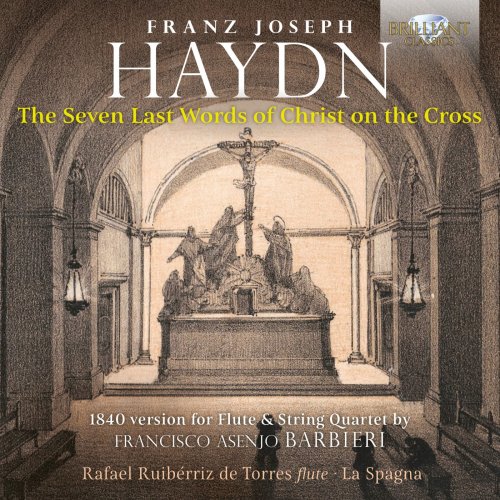
Artist: Rafael Ruibérriz de Torres, La Spagna
Title: Haydn: The Seven Last Words of Christ on the Cross, 1840 Version for Flute & String Quartet by Francisco Asenjo Barbieri
Year Of Release: 2022
Label: Brilliant Classics
Genre: Classical
Quality: flac lossless (tracks) / flac 24bits - 96.0kHz +Booklet
Total Time: 01:16:20
Total Size: 345 mb / 1.29 gb
WebSite: Album Preview
TracklistTitle: Haydn: The Seven Last Words of Christ on the Cross, 1840 Version for Flute & String Quartet by Francisco Asenjo Barbieri
Year Of Release: 2022
Label: Brilliant Classics
Genre: Classical
Quality: flac lossless (tracks) / flac 24bits - 96.0kHz +Booklet
Total Time: 01:16:20
Total Size: 345 mb / 1.29 gb
WebSite: Album Preview
01. The Seven Last Words of Christ on the Cross, Hob.XX:1: I. Introduzione in D Minor
02. The Seven Last Words of Christ on the Cross, Hob.XX:1: II. Sonata No. 1 in B-Flat Major. Largo pater, dimitte illis, quia nesciunt, quid faciunt )Father Forgive them, for They Know not What They Do)
03. The Seven Last Words of Christ on the Cross, Hob.XX:1: III. Sonata No. 2 in C Minor. Grave e cantabile, hodie mecum eris in paradiso (Today You Will be with me in Paradise)
04. The Seven Last Words of Christ on the Cross, Hob.XX:1: IV. Sonata No. 3 in E Major. Grave, mulier ecce filius tuus (Woman, Behold Your Son)
05. The Seven Last Words of Christ on the Cross, Hob.XX:1: V. Sonata No. 4 in F Minor. Largo, deus meus, deus meus, utquid dereliquisti me? (My God, My God, Why Have You Forsaken Me?)
06. The Seven Last Words of Christ on the Cross, Hob.XX:1: VI. Sonata No. 5 in A Major. Adagio, Sitio (I Thirst)
07. The Seven Last Words of Christ on the Cross, Hob.XX:1: VII. Sonata No. 6 in G Minor/Major. Lento, consummatum est (It is Finished)
08. The Seven Last Words of Christ on the Cross, Hob.XX:1: VIII. Sonata No. 7 in E-Flat Major. Largo, in manus tuas domine, commendo spiritum meum (Into Your Hands, Lord, I Commend my Spirit)
09. The Seven Last Words of Christ on the Cross, Hob.XX:1: IX. Il terremoto in C Minor. Presto e con tutta la Forza
The world premiere recording of a hitherto unknown 1840 arrangement of Haydn’s sublime devotional cycle.
After Haydn composed The Seven Last Words for chamber orchestra as a devotional accompaniment to the Good Friday liturgy at Cadiz Cathedral in 1786, several other arrangements were made during his lifetime, by himself and others, all of them familiar to us now: as an oratorio with soloists and chorus, and in string quartet and solo keyboard transcriptions.
The cycle continued to attract arrangers after Haydn’s death. In the course of researching them, the flautist Rafael Ruibérriz de Torres turned up a manuscript by Francisco Asenjo Barbieri, who transcribed it for flute and string quartet in 1840 – perhaps as a compositional exercise at the behest of his teacher, Ramon Carnicer, who had recently produced a flute quintet of his own.
In any case, Barbieri’s arrangement presents a Romantic-era conception of Haydn’s work in which the flute part acquires the same importance as the other instruments, lending colour and brilliance to the quartet parts. At points the flute line plays in unison with one or other of the strings (almost throughout Sonata II, for example), but elsewhere his melodic and contrapuntal contributions are woven into the fabric of Haydn’s score with masterly technique and no small measure of creative inspiration.
As a composer, conductor, writer and entrepreneur, Barbieri later occupied a central role in Spanish musical culture during the 19th century. However, there is no record of a performance of his version of The Seven Last Words, which was revived by the performers here before they made this recording – perhaps the first musicians ever to play the score. As a novel perspective on the work it will attract the interest of Haydn enthusiasts everywhere. The album also forms a sequel of sorts to the Brilliant Classics recording of Boccherini’s Flute Quintets (96074) made by Rafael Ruibérriz de Torres and La Spagna.
Haydn (1732-1809) already had written a wealth of sacred works when, in 1785, aged 53 and at the height of his fame, he received a commission for the cathedral of Cadiz in Spain, asking him to write ceremonial music for Good Friday. His challenge was to create an engaging and individual work to accompany the ritual. Haydn professed great difficulty in writing 7 instrumental Adagios of 10 minutes each without fatiguing the listener, but the result is a triumph of concentration, contemplation and spirituality.
Haydn wrote the work for string quartet, later versions appeared for keyboard solo and also orchestra. This new CD presents an arrangement for flute and string quartet by Francisco Asenjo Barbieri (1823-1894). The most striking feature is that the flute does not double or replace other pre-existing voices but is a fifth voice with completely new melodic material different from Haydn's original.
Played by Rafael Ruibérriz de Torres (flute) and the ensemble La Spagna, who also gave the world premiere of this version in the oratorio de la Santa Cueva in Cádiz in 2018.
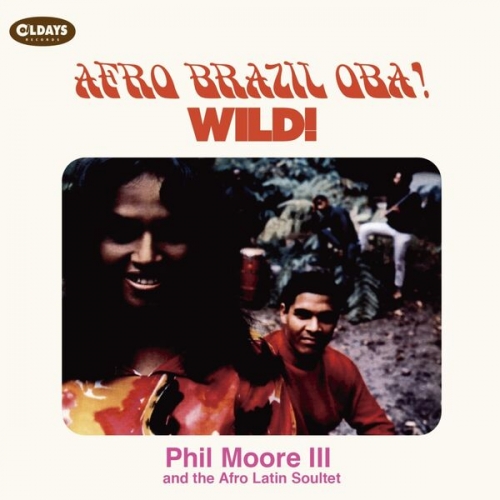

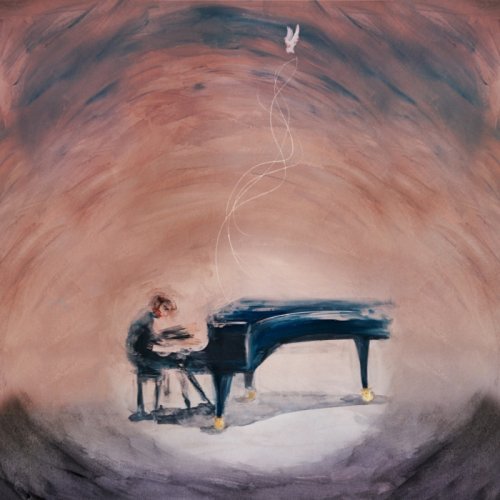
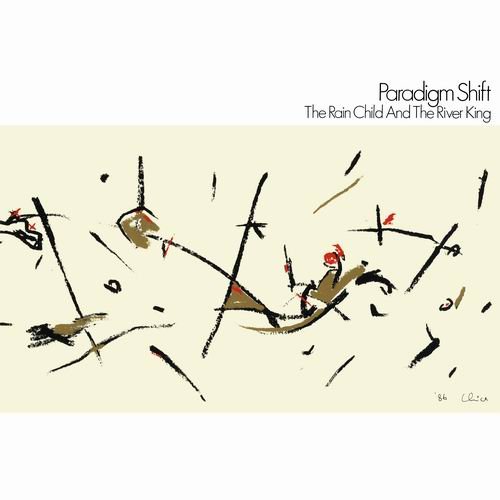
![Garrett Waite - Shapeshifter (2026) [Hi-Res] Garrett Waite - Shapeshifter (2026) [Hi-Res]](https://img.israbox.com/img/2026-01/24/316lmwadck369x1iv6fdo0aqj.jpg)
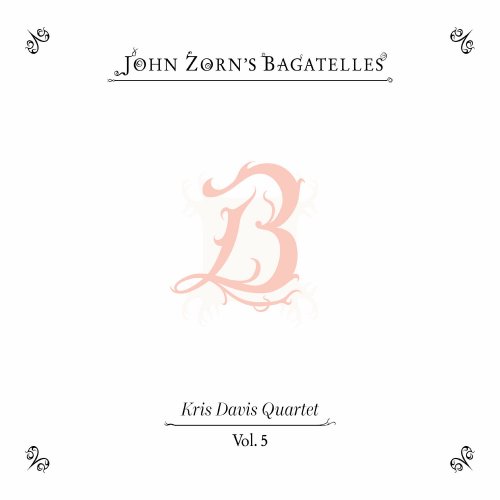
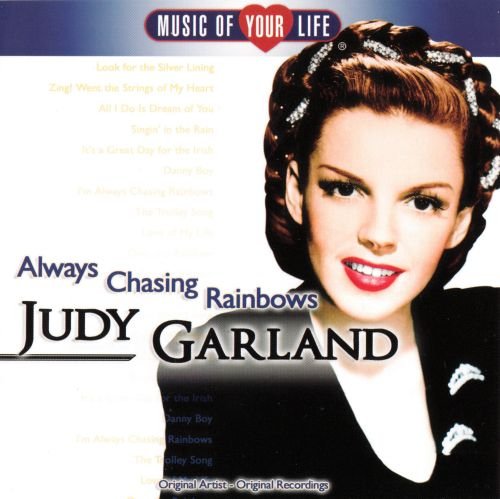
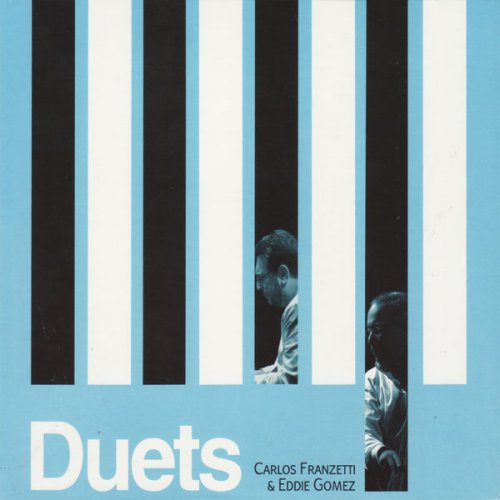
![Al Doum & The Faryds - Ipnagogico (2026) [Hi-Res] Al Doum & The Faryds - Ipnagogico (2026) [Hi-Res]](https://www.dibpic.com/uploads/posts/2026-01/1769236800_aov9zwf3xd31h_600.jpg)